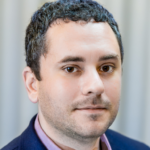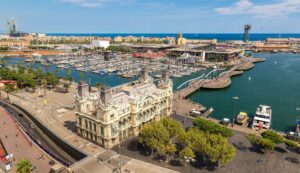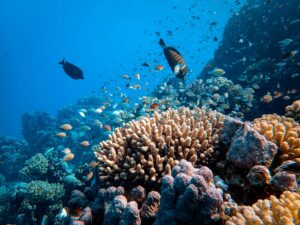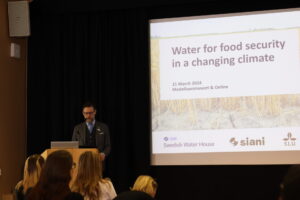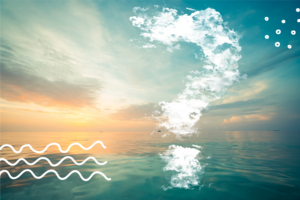- SIWI – Leading expert in water governance
- /
- Latest
- /
- A call to action from journalists of the Nile
A call to action from journalists of the Nile
The Grand Ethiopian Renaissance Dam is set to become Africa’s biggest hydroelectric power plant, but questions around the filling process and operation of the dam have caused tension amongst riparian neighbours. In a unique statement, journalists from the region now call on their governments to collaborate and be transparent while encouraging all journalists to cover Nile cooperation with balance and impartiality.
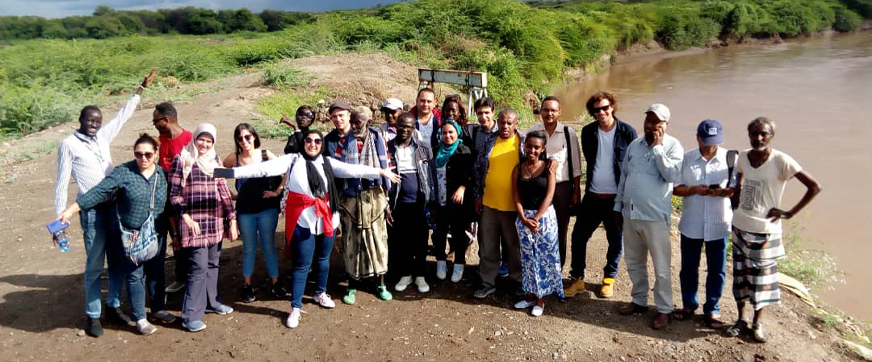 Participants in a workshop for journalists in Debre Zeit, Ethiopia, December 2019. Photo by Mats Eriksson
Participants in a workshop for journalists in Debre Zeit, Ethiopia, December 2019. Photo by Mats Eriksson The Grand Ethiopian Renaissance Dam (GERD) will have enormous impact on Egypt, Ethiopia, and Sudan. For good reasons, the construction has attracted a lot of attention in the media, but many journalists find the issue challenging to cover, with its many linkages to new processes such as global warming.
SIWI therefore supports journalists by organizing workshops enhancing their understanding of both the science related to climate change and international water governance cooperation and giving them opportunities to exchange perspectives and identify common concerns. Field visits seek to contextualize lessons learnt and serve as an opportunity for journalists to develop their own stories. Through the Shared Waters Partnership programme, SIWI facilitated a recent workshop for journalists in Debre Zeit, Ethiopia, in December 2019 focusing on themes related to climate change and its impact on regional security.
Journalists from the region participating in the recent workshop have now come together and issued a joint statement, calling on their governments to strengthen regional cooperation and resolve their differences over the dam. They also emphasize the importance of keeping the public informed: “In following the GERD negotiation process we note that access to information and transparency is vital. Where transparency is lacking, unfounded assumptions prevail – often leading to dangerous polarization and hostility that can serve no fruitful outcome. It is our hope that our leaders will return to the negotiating table and provide journalists with the necessary access to facts and insights required to perform our duties,” the journalists write.
Furthermore, they pledge to report news impartially and with balance, calling on other journalists to do the same: “We must avoid framing issues related to the Nile through only a nationalistic lens that ignores our shared struggles or concerns for the future.”
